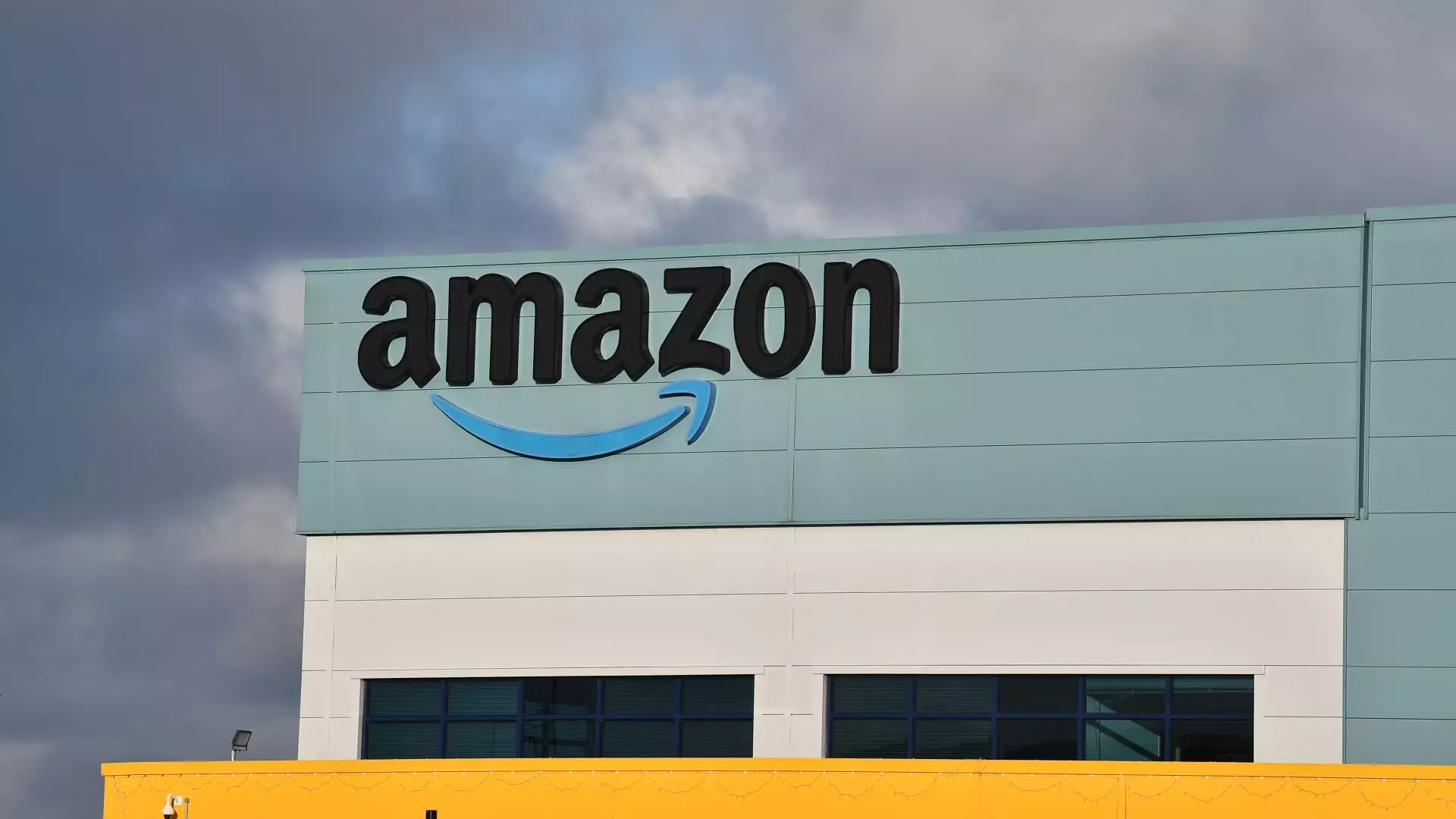In a move that has reverberated across the business landscape, Amazon has announced a staggering £40 billion ($54 billion) investment in the United Kingdom over the next three years. This ambitious plan will bolster the e-commerce titans’ operational capabilities through the construction of four new fulfillment centers, alongside upgrades to existing warehouses. For a nation grappling with economic hiccups, Amazon’s commitment stands as a beacon of hope for job creation and technological advancement.
This investment isn’t merely an act of philanthropy; it’s a calculated strategy designed to enhance operational efficiency and meet the soaring demands of modern consumers. Fulfillment centers are not just warehouses; they are crucial nodes in the supply chain, ensuring that consumer orders are processed swiftly and accurately. By raising its game in the U.K., Amazon cements its leadership in the competitive e-commerce sector and addresses the growing consumer expectations for rapid delivery.
Government Enthusiasm and Economic Echoes
The British government has eagerly welcomed Amazon’s announcement, viewing it as a validation of their efforts to attract major tech investment. In light of recent economic data showing a contraction of 0.3% in U.K. monthly GDP, this infusion of cash translates to more than just financial stability—it hints at a roadmap for sustainable growth. Prime Minister Keir Starmer has positioned the investment as a key element of the government’s broader growth strategy, aiming to uplift domestic productivity and rejuvenate struggling sectors.
Yet, while the government heralds this investment as progressive steps toward an economically sound future, it’s essential to remain critical of the underlying implications. The question arises: is relying on a single corporation for economic revival truly sustainable? The excessive weight placed on tech giants like Amazon might stifle competition and undermine local businesses, inadvertently creating an ecosystem where smaller firms find it increasingly difficult to thrive.
Job Creation versus Job Displacement
Amazon is promising to create 2,000 new positions at locations in Hull and Northampton, among other opportunities arising from the expansion of its corporate presence in East London. While the prospect of thousands of new jobs is undoubtedly appealing—especially in a milieu of economic uncertainty—one must also critically assess the quality and type of jobs being created. Many roles in warehouses tend to be low-paying and faced with demands for high efficiency, which can lead to challenging working conditions.
Moreover, the automation of tasks within fulfillment centers raises alarms regarding job displacement. As Amazon remains at the forefront of technological innovation, including AI and robotics, there exists a possibility that future roles may be at risk, catalyzing an ongoing cycle of unemployment in certain sectors. This paradigm underscores the importance not just of creating jobs but fostering resilient, high-quality employment opportunities that offer workers dignity and advancement.
Broader Implications for the UK Tech Scene
This significant investment aligns with a broader trend whereby tech giants—ranging from TikTok to Nvidia—are increasingly placing the U.K. on their investment map. Evidence suggests that the country is seen as an “incredible place to invest,” yet it is essential to scrutinize the socio-economic implications of this growing tech influence.
While the influx of investment is commendable, it raises questions about the broader business environment for innovative startups. Criticism surrounding recent tax hikes introduced by Finance Minister Rachel Reeves underscores ongoing concerns about the U.K.’s attractiveness for high-growth startups. Entrepreneurs in the tech space are claiming that the current fiscal regime could deter fresh innovation, stifling potential and curtailing competition in favor of established entities like Amazon.
In this context, we must consider whether the benefits brought forth by Amazon’s investment are evenly distributed or if they merely serve as a patch for deeper systemic issues. The challenge lies in creating a balanced policy framework that encourages large investments while simultaneously nurturing grassroots innovation, ensuring the U.K. can sustainably thrive in the technology sector long-term.
This moment thus demands not just celebration, but a critical reevaluation of our trajectory towards a future where both local businesses and global powerhouses can coexist and flourish in the same marketplace.

